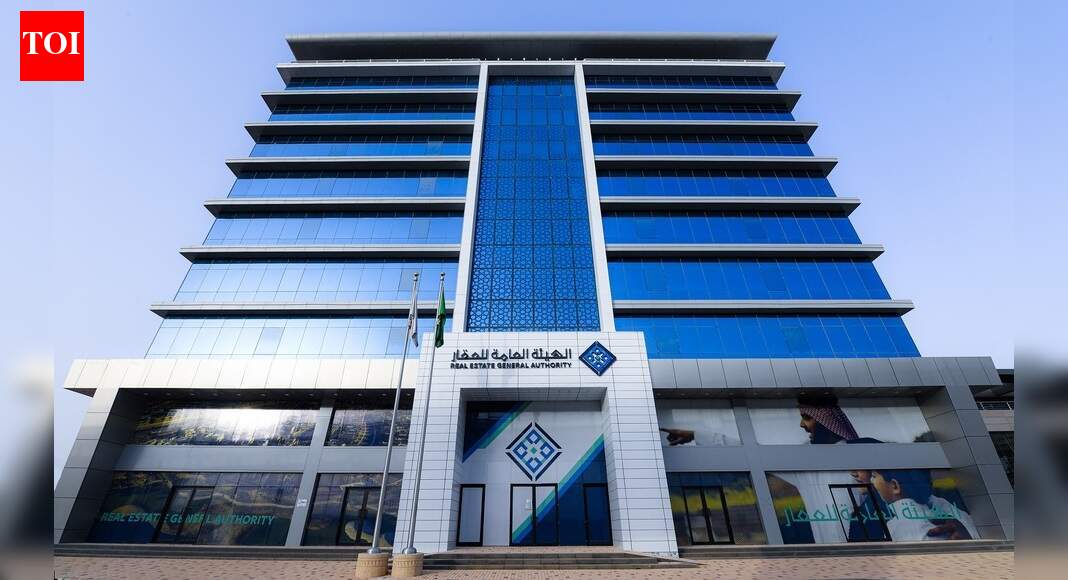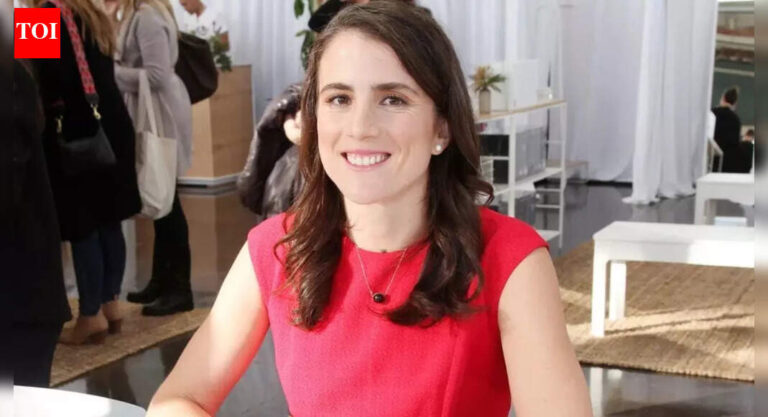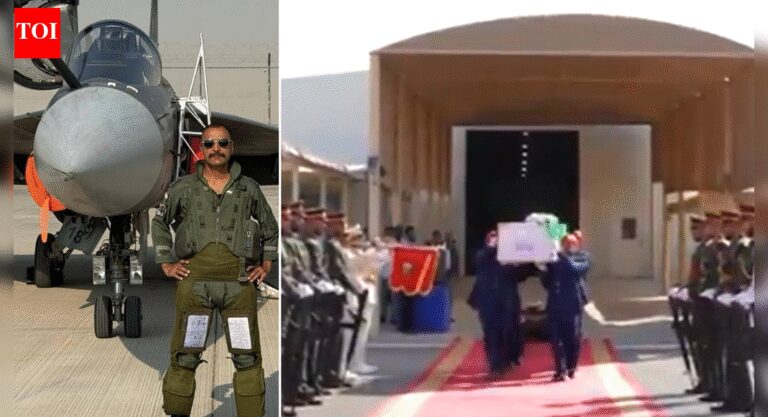
Saudi Arabia is tearing down decades-old barriers and officially opening its real estate market to the world. Under a massive new law, foreigners, along with international companies, will be allowed to buy, own, and invest in properties across the Kingdom starting in January 2026. This isn’t just a simple policy change; it’s a foundational national reform driven by the country’s Vision 2030 goal to build a diversified, global economy.
Why does Saudi Arabia need your investment?
This strategic overhaul, detailed by the Real Estate General Authority (REGA), is far more than a policy update; it’s an economic growth engine. The government’s clear intention is to transform the sector by:
- Attracting Global Wealth: Securing a major influx of foreign direct investment to fuel mega-projects and diversify the economy away from oil.
- Market Growth & Quality: Stimulating real estate activity to raise the quality of urban development and architectural standards across major cities.
- Job Creation: Expanding the sector to generate new employment opportunities for citizens.
Official statements from REGA confirm the new law actively “supports Saudi Arabia’s rapid shift to economic and investment growth,” ensuring the regulatory environment is both secure and globally competitive.
What foreigners can buy?
The new law introduces expansive investment opportunities, covering traditional assets and cutting-edge digital investment:
| Investment Category | Details for Foreign Buyers |
| Traditional Property | Individuals can purchase homes, residential land, and agricultural farms in specifically approved zones. |
| Mega-Project Access | Direct investment is encouraged in the Kingdom’s massive futuristic developments like NEOM, Qiddiya, and the Red Sea Global initiatives. |
| Special Zones | Opportunities are available in designated special economic zones and specific commercial land. |
| Digital Fractional Ownership | A key innovation allows investors to purchase tokenized stakes in real estate, enabling participation remotely without physically visiting the Kingdom. |
Compliance, taxes, and documents
Saudi Arabia will allow foreign buyers to purchase homes, land, and farms starting in January with Mecca and Madinah restricted to Muslim buyers only. This new, transparent system comes with strict requirements regarding compliance and tax obligations, managed by the Zakat, Tax and Customs Authority (ZATCA) and REGA. Key dates:
- Law Approved: The foundation for the shift is the Law of Real Estate Ownership by Non-Saudis (Royal Decree No. M/14), approved in July 2025.
- Effective Date: The law becomes fully operational in January 2026.
- Announcing Authorities: The Saudi Cabinet approved the law, while REGA and ZATCA are responsible for issuing the final rules and collecting transaction taxes.
The tax advantage:The Saudi property tax system offers a significant advantage for long-term investors:
- Annual Tax (0%): There is no recurring annual property tax (or holding tax) on owned real estate.
- Transaction Tax (5% RETT): A flat 5% Real Estate Transaction Tax (RETT) is applied to the sale price of the property. This is a one-time tax due upon ownership transfer and replaces the previous 15% VAT on residential sales.
- Capital Gains Tax (0%): Individuals are completely exempt from capital gains tax on profits made from property appreciation.
- Rental Income Tax: Individuals pay 0% personal income tax on rental income; however, corporate entities receiving rental income are subject to the standard 20% corporate tax rate.
Required documents:While the full list of executive documents is pending final release by REGA, compliance is paramount:
- Mandatory Registration: All transactions must be fully registered with the Real Estate Registry to ensure a secure, digital record of ownership.
- Key Documents Needed: Expected required documents include a valid residency permit (Iqama) (for residents), proof of the source of funds/financial standing, and the official RETT payment certificate from ZATCA.
- Severe Penalties: The system enforces full transparency. Acquiring property through false declarations or misleading information can result in a fine of up to SAR 10 million and the public auction of the property.
The law is clear that foreign ownership is conditional on national interests and special religious considerations, Foreign ownership in approved economic and residential zones will be limited, with total allowable purchase percentages generally capped between 70% and 90% of a development.Ownership or usufruct rights within Makkah and Madinah will remain highly restricted, generally permitted only for Muslims and designated Saudi companies in specific zones.








